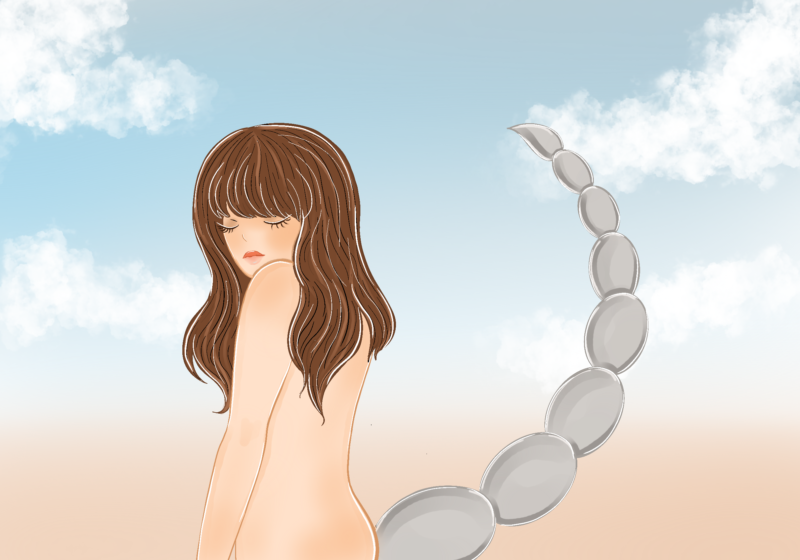Tove Lo’s latest —and potentially greatest — album, “Dirt Femme,” explores the Swedish popstar’s introspection of her own femininity and pansexuality amidst her marriage to Charlie Twaddle, a straight man. It’s a dive into her own feelings, thoughts, and questions that is a sonically beautiful dance-pop masterpiece. The album explores the ways in which her femininity has both hindered and helped her. The record explores rejecting the feminine stereotype of wanting a suburban life in “Suburbia,” eating disorders through “Grapefruit,” and more in-depth and personal takes on the highs and lows of femininity. Tove Lo’s inner thoughts of femininity and sexuality are shown in the context of her marriage, so it’s not surprising that a lot of the album explores these topics through the lens of love, with songs such as “True Romance,” “No One Dies from Love,” and “2 Die 4.”
This was Tove Lo’s first independent album through her production label, Pretty Swede Records, making this the first album that she had full creative control over. This creative control allows for “Dirt Femme” to transcend potential adjustments due to marketability and pop potential. “Dirt Femme” focuses creatively on telling an intricate story, giving the album a fresh feel for the popstar. With this newfound directorial influence, Tove Lo takes risks that she wouldn’t have been able to otherwise, and they completely pay off. “True Romance” is a prime example of this — it was actually Tove Lo’s first take that she and her producer, Ludvig, decided would be the recording used for the album. The trust they had in this raw take helped capture the perfect amount of emotion needed for the vibe of “True Romance.” For an album considered dance-pop, some of its songs feel more likely to send you crying on the bathroom floor rather than hitting the dance floor. However, Tove Lo masterfully navigates the balance between emotionality and danceability throughout the record. The musical composition going from one song to the next is just as much of a roller coaster — one song can have you itching to hit the dance floor and the next could have you idealizing a romantic life.
The album is best described by Tove Lo herself in an interview with “Pitchfork” as one that “will probably upset some of you, will make you want to dance, cry, fuck, and drive your car really, really, fast.” It truly signals a new, great direction for Tove Lo and her next creative endeavors.






